Lashkar-e-Taiba operative details links to Pakistan
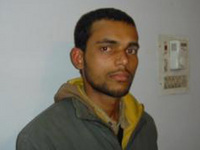 Sabauddin Ahmed trained at same camps as Mumbai attacks and met senior Lashkar leaders. The US warns Pakistan to act decisively.
Sabauddin Ahmed trained at same camps as Mumbai attacks and met senior Lashkar leaders. The US warns Pakistan to act decisively.
 Sabauddin Ahmed trained at same camps as Mumbai attacks and met senior Lashkar leaders. The US warns Pakistan to act decisively.
Sabauddin Ahmed trained at same camps as Mumbai attacks and met senior Lashkar leaders. The US warns Pakistan to act decisively.
The Interior Ministry claimed 55 senior members of Jamaat-ud-Dawa, the front for Lashkar-e-Taiba, have been detained during raids. Twenty-two of those have been placed on the Exit Control List. Indian forces killed three LeT terrorists in Kashmir. Nawaz Sharif scolded the government for denying Mumbai attacker and LeT operative Ajmal Amir Kasab was from Pakistan.
A Lashkar-e-Taiba spokesman based out of Pakistan-held Kashmir vowed to continue to fight the Indians in the disputed territories and denied his group was behind the Mumbai attack. Indian intelligence confirmed that calls made by terrorists during the siege in Mumbai were made to senior Lashkar-e-Taiba operatives Zaki-ur-Rehman Lakhvi and Yusuf Muzammil.
Pakistan’s president said the ISI has no links to Lashkar-e-Taiba. Pakistan’s foreign minister said there is no evidence Jamaat-ud-Dawa is a front group for Lashkar. Pakistan’s interior adviser said action was not taken against Jamaat-ud-Dawa due to pressure form India. Lashkar operative and Mumbai terrorist Amir Kasab requested legal help from Pakistan.
Jamaat-ud Dawa, the front group for the Lashkar-e-Taiba, claimed 150 members have been detained, and 46 offices in the Northwest Frontier Province have been shut down. Many members of the Lashkar have gone in hiding. Pakistan’s defense minister said the nation took action against Jamaat-ud Dawa to prevent the country from being declared a terrorist […]
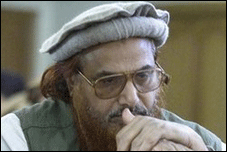 Hafiz Saeed is under house arrest for three months; Lashkar-e-Taiba offices closed in Karachi, Hyderabad, Islamabad, Rawalpindi, and Azad Kashmir.
Hafiz Saeed is under house arrest for three months; Lashkar-e-Taiba offices closed in Karachi, Hyderabad, Islamabad, Rawalpindi, and Azad Kashmir.
The United Nations Security Council named Jamaat-ud-Dawa as a front group of Lashkar-e-Taiba, and proscribed its leader Hafiz Saeed and three others. Pakistan security services detained Zarar Shah, a communications expert who helped the Mumbai attackers communicate with Lashkar-e-Taiba commanders in Pakistan.
Zarar Shah set up the network that allowed the Mumbai attackers communicate with Lashkar-e-Taiba commanders in Pakistan. Shah also is a liaison to Pakistan’s Inter-Service Intelligence agency.
Lashkar-e-Taiba actively recruits Westerners, specifically Britons and Americans, and trains them in their camps inside Pakistan. Several Lashkar members have moved on to join al Qaeda and have conducted attacks or plotted to do so inside Western countries.
Zaki-ur Rehman Lakhvi and eight other terrorists were arrested during government raids on Lashkar-e-Taiba camps and offices in Muzaffarabad. A Pakistani helicopter gunship reportedly fired on the camp in Shawai Nullah. Further raids are expected in Muridke, Sheikhupura, and Faisalabad.
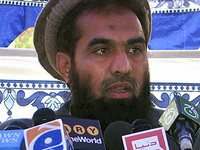 Zaki-ur Rehman Lakhvi and eight other terrorists were arrested during government raids on Lashkar-e-Taiba camps and offices in Muzaffarabad.
Zaki-ur Rehman Lakhvi and eight other terrorists were arrested during government raids on Lashkar-e-Taiba camps and offices in Muzaffarabad.
Pakistan reportedly raided a Lashkar-e-Taiba camp on the outskirts of Muzaffarabad in Pakistan-occupied Kashmir; several Laskar fighters are said to have been detained. A newspaper confirmed Ajmal Amir Kasab, the only captured Mumbai attacker, is from the village of Faridkot the Pakistani province of Punjab.
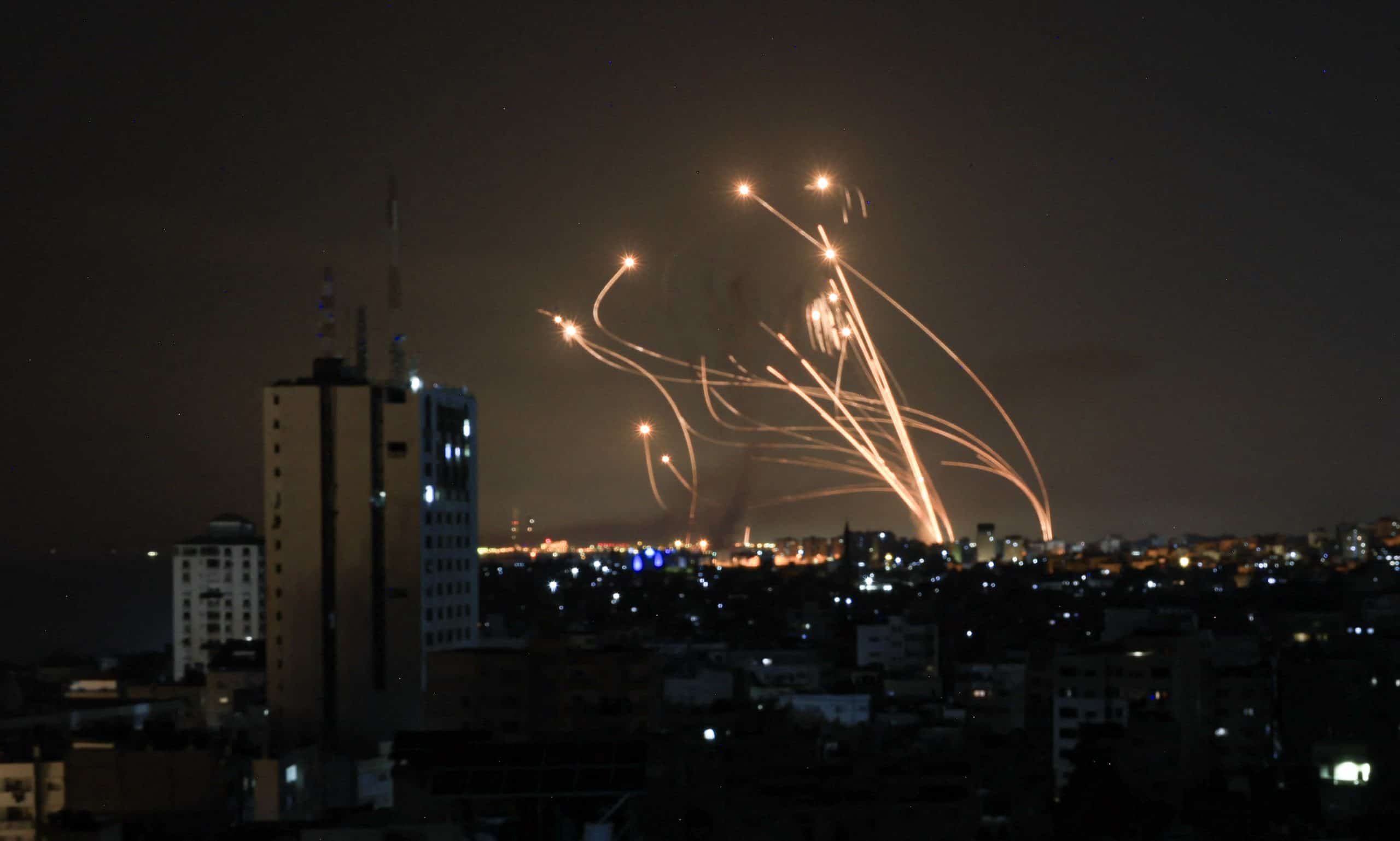
Hamas’ deadly attack on Israel on Oct. 7 would not have been possible if Hamas was not afforded a safe haven.
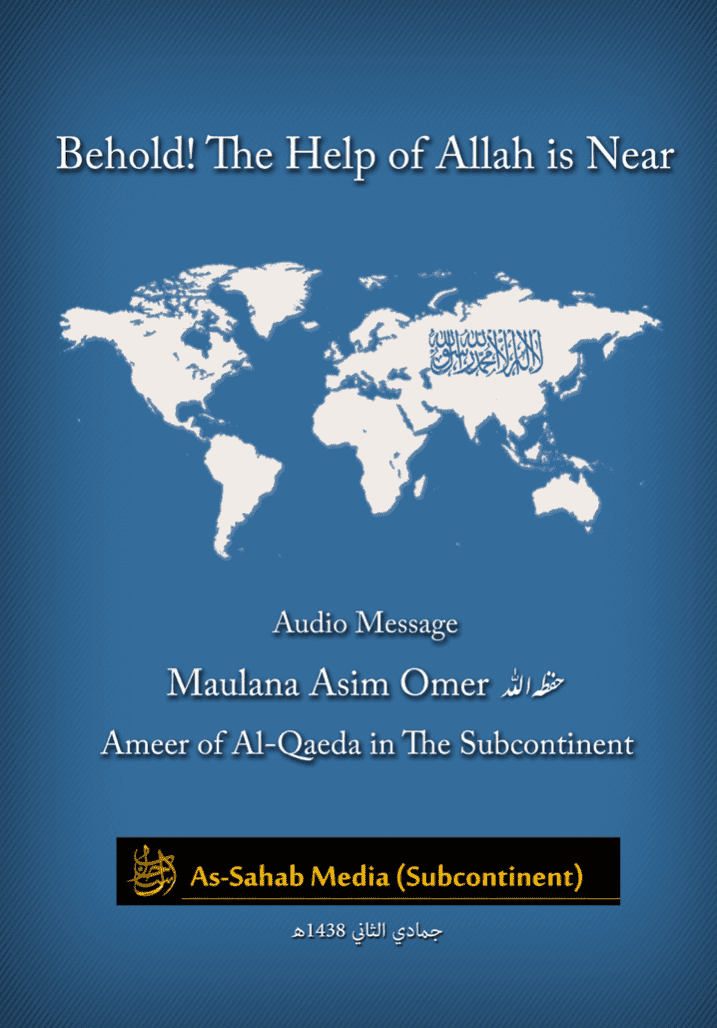
“I said Al Qaeda would not be there,” President Biden said about Afghanistan. “I said we’d get help from the Taliban… I was right.” Except Al Qaeda is indeed in Afghanistan and is receiving support from the Taliban.
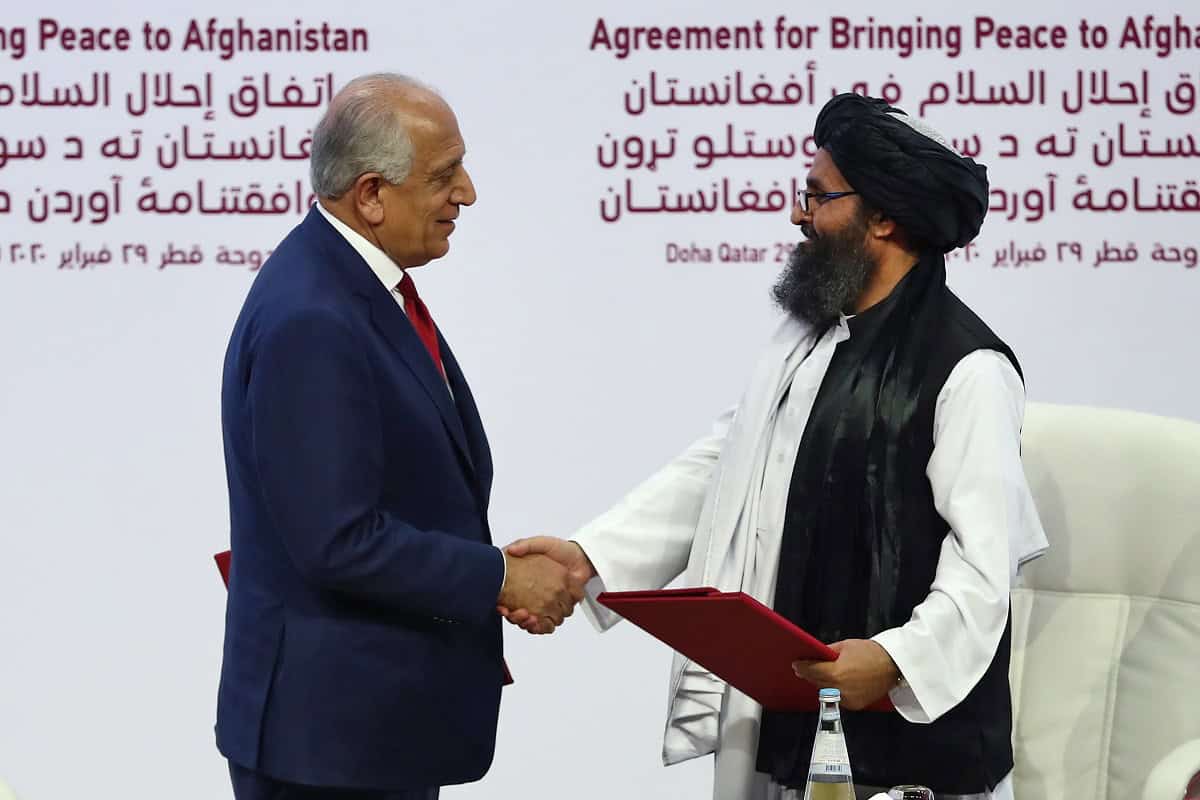
FDD’s Long War Journal responds to the former ambassador’s assertion that assessments of Afghanistan once again becoming a terrorist safe haven are false.
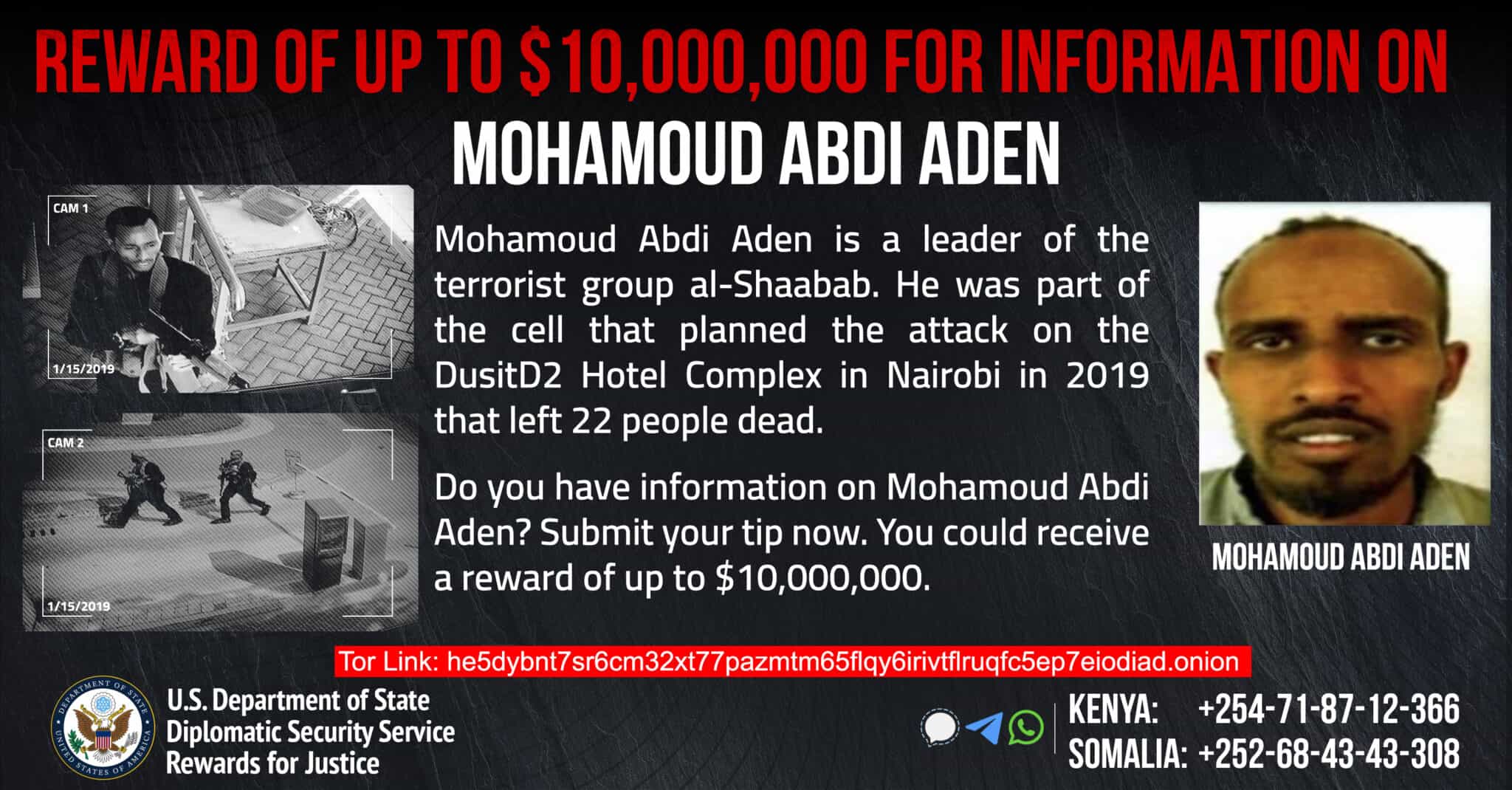
Mohamoud Abdi Aden is the second Kenyan-Somali the U.S. State Department has placed a $10 million bounty on in the last week. Shabaab now has five leaders with $10 million bounties, the most for any Sunni jihadist group.
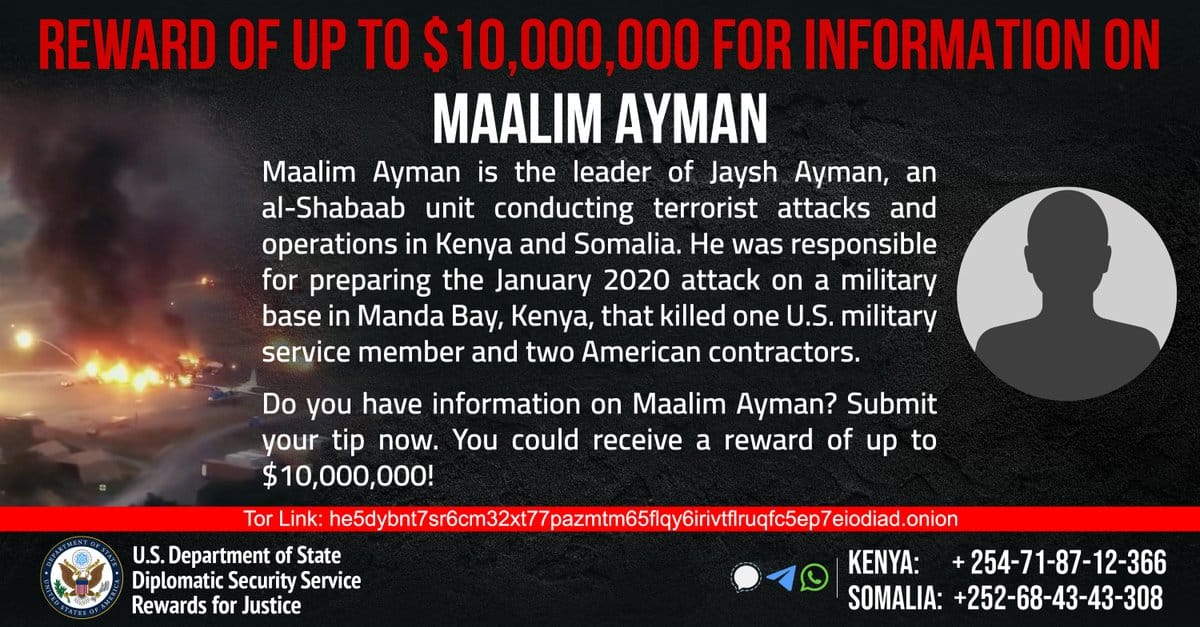
The U.S. has now placed a $10 million bounty on Maalim Ayman, the leader of Shabaab’s military wing in Kenya. Maalim Ayman now joins the ranks of other high-profile Sunni jihadis around the world demanding a similar price tag.
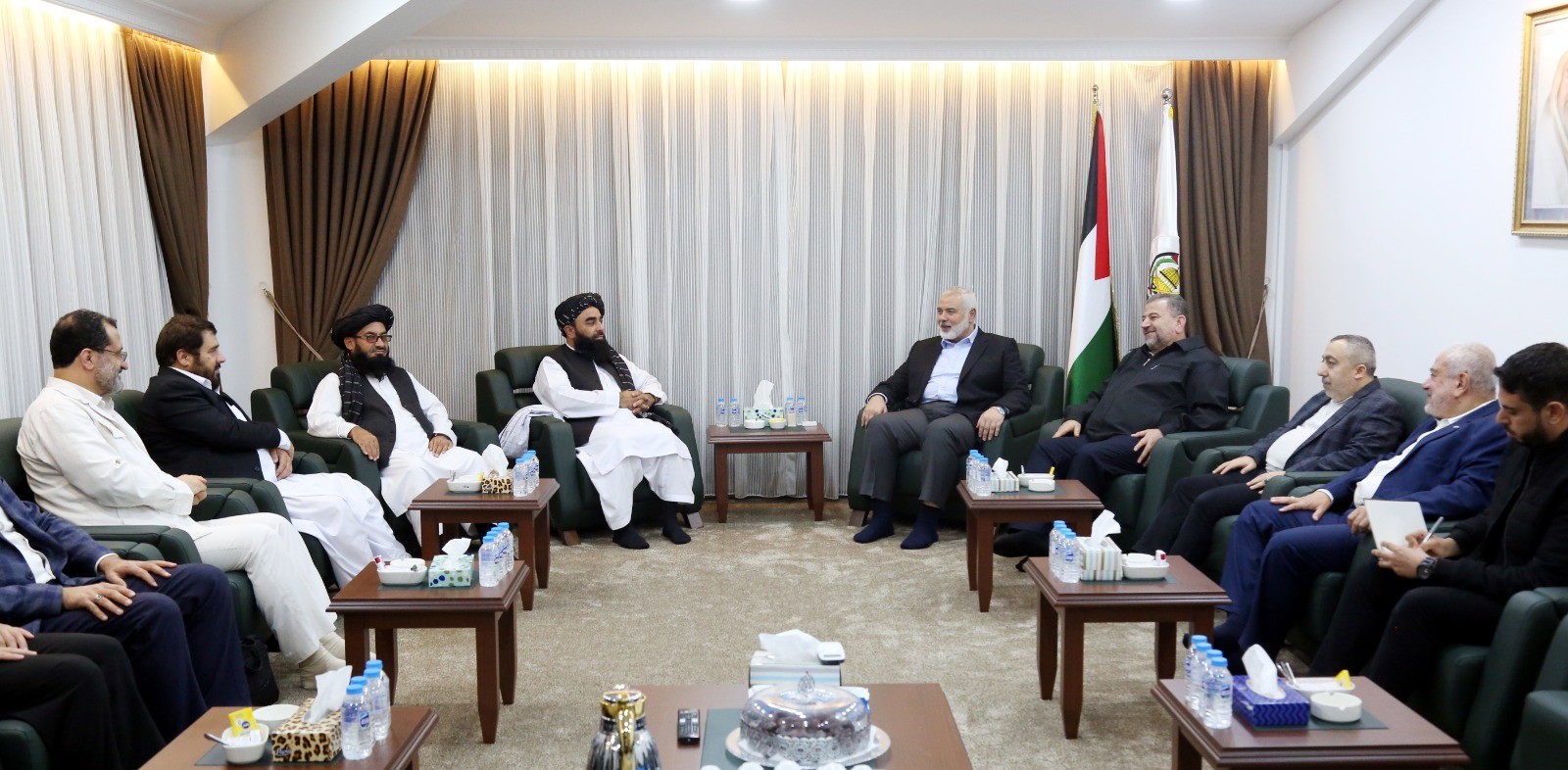
In recent weeks, a Taliban delegation led by Zabihullah Mujahir visited Turkey to meet with various officials including senior Hamas members.
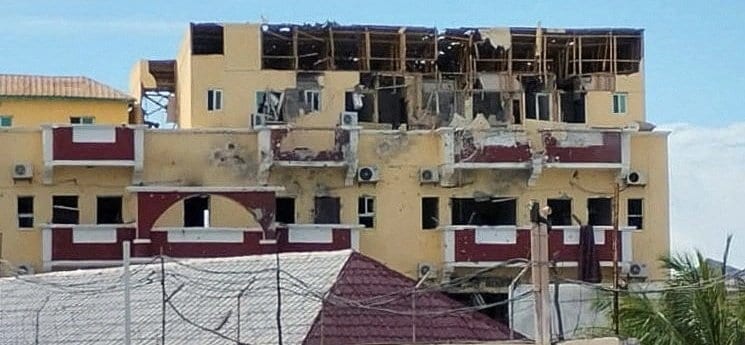
Shabaab’s recent hotel siege in Mogadishu, beginning on Friday and ending early Sunday, signals the severe challenges that remain in combating the al Qaeda branch.
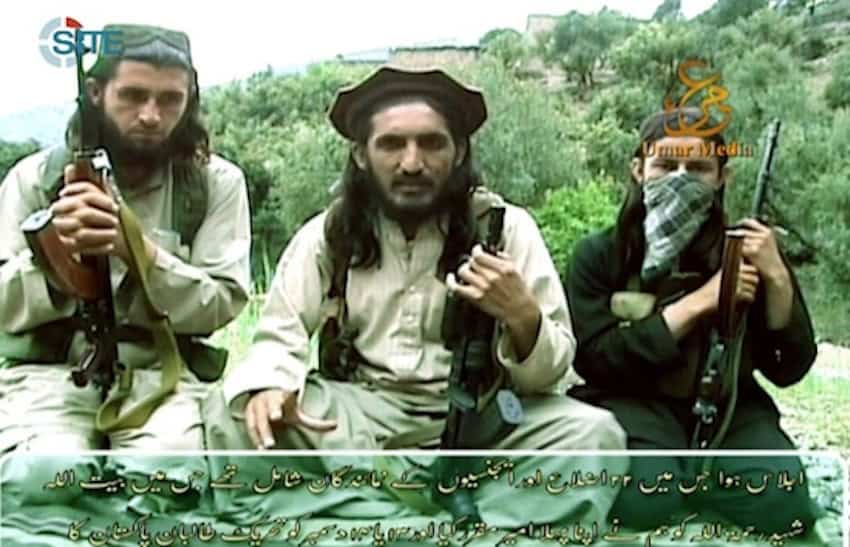
Jamaat-ul-Ahrar and Movement of the Taliban in Pakistan leader Omar Khalid Khurasani, who is believed to have given sanctuary to Ayman al Zawahiri in the past, has called for global jihad, attacks on the US, and the establishment of the caliphate, and celebrated the Sept. 11, 2001 attacks on the U.S. He is reported to have been killed in a district in Afghansitan that has hosted an Al Qaeda training camp in the past.
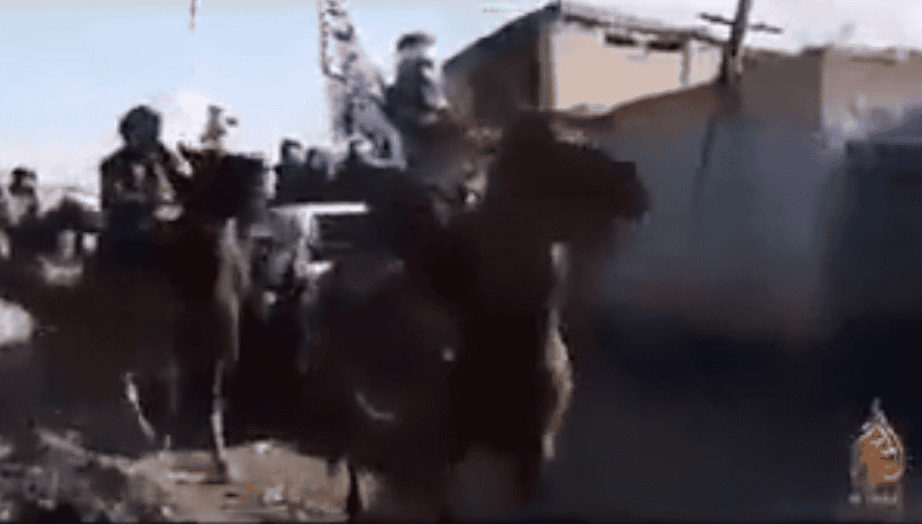
A Tajik commander in the Al Qaeda-linked Jamaat Ansarullah who was appointed to lead several districts in northern Afghanistan continues to celebrate the group’s ties to the Taliban.

The U.S. military continues to recycle stale estimates of Al Qaeda’s strength in Afghanistan, and elevate the Islamic State as a greater threat.
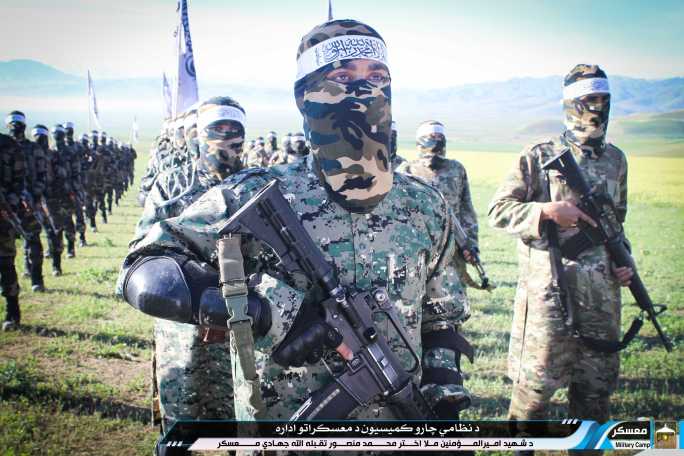
On Feb. 2, Bill Roggio testified before the House Committee on Homeland Security at a hearing titled, “The Dynamic Terrorism Landscape and What It Means for America.” His testimony focused on the state of Al Qaeda, the Islamic State, the fall of Afghanistan to the Taliban, state sponsors of terrorism such as Iran and Pakistan, and the growing threat of global jihadism.
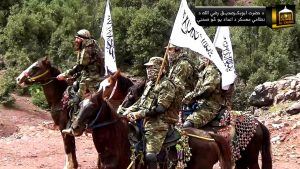
The Taliban has the advantage in all of the key areas, save one. The Taliban has state sponsors, terrorist allies, regional support, a marked superiority in weapons and numbers, and controls all of Afghanistan. ISKP can only match the Taliban in one area, and this the will to fight and persevere.
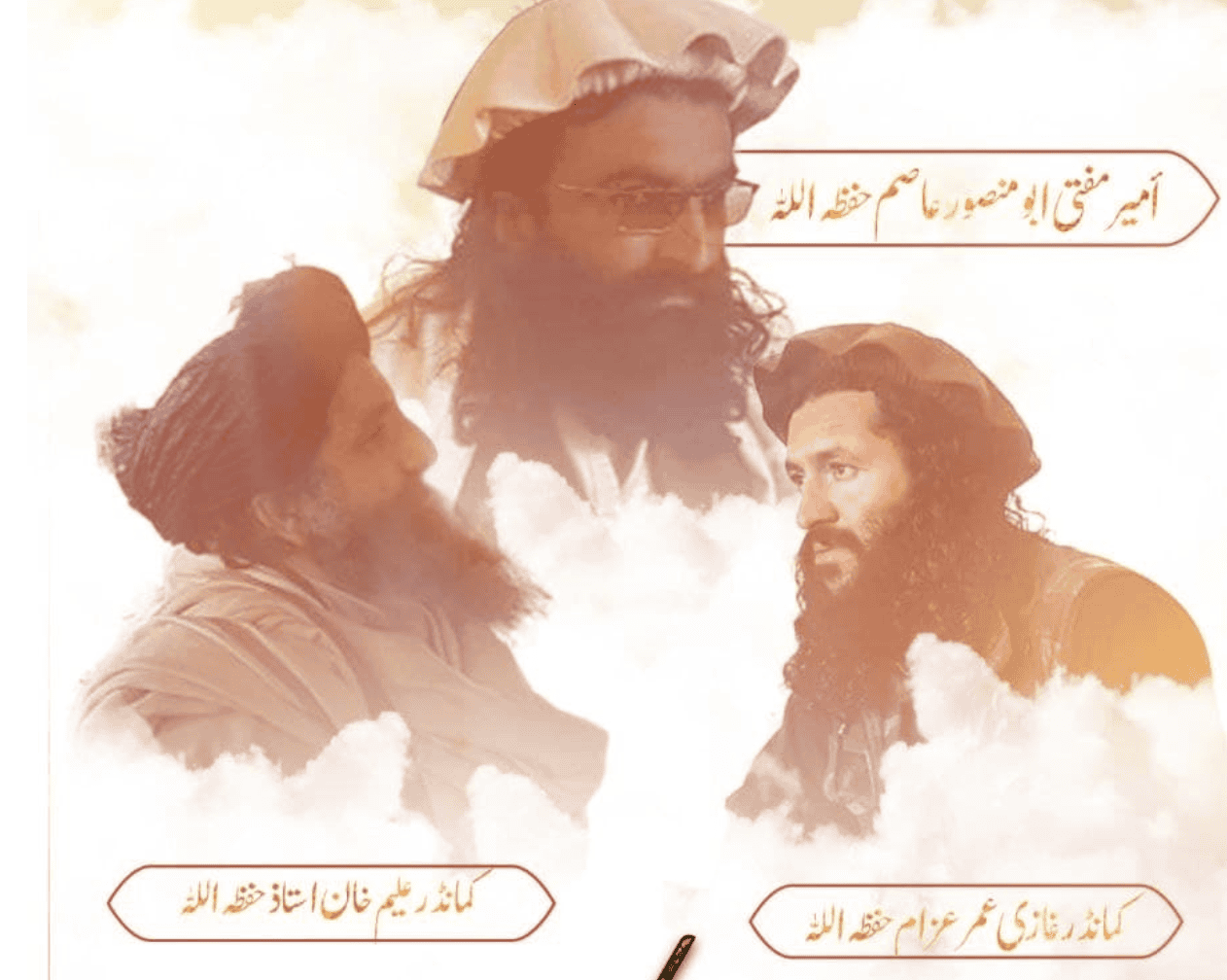
With increased muscle, backing and resources, the TTP – which sent thousands of fighters into Afghanistan to help the Afghan Taliban conquer the country over the summer – can now refocus its efforts on its insurgency in order to overthrow the Pakistani state.

The video of Dr. Amin al Haq is evidence that Al Qaeda commanders now feel secure enough to appear publicly in a Taliban-controlled Afghanistan.
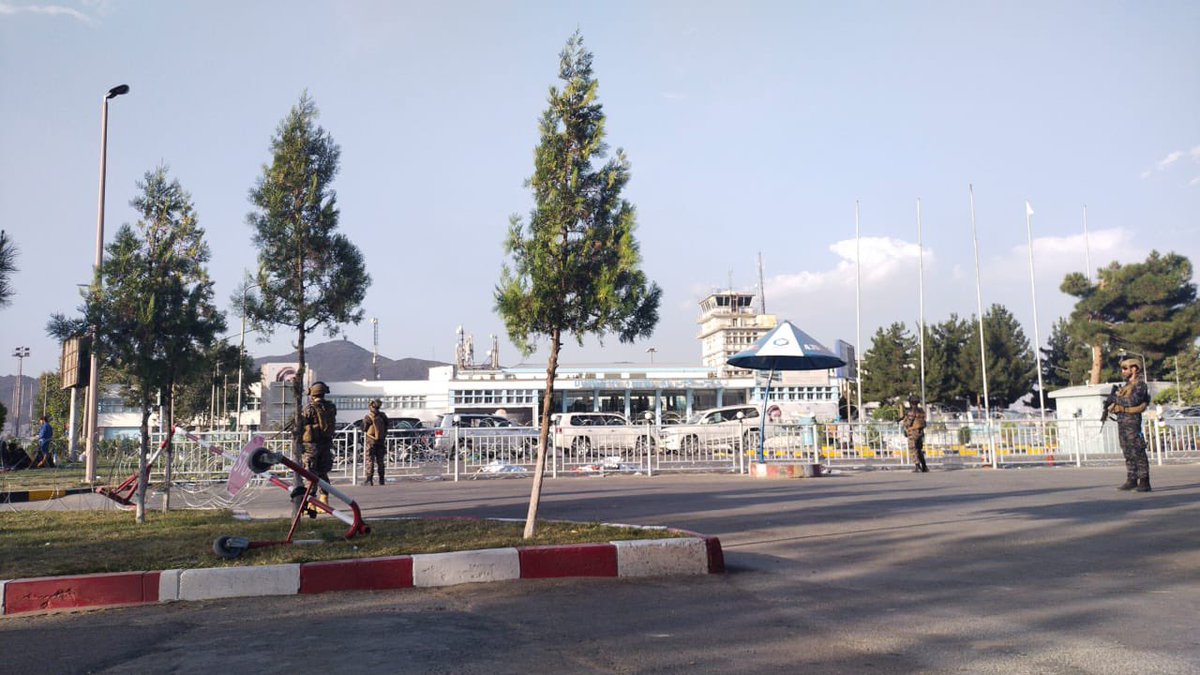
Taliban-affiliated social media accounts claim that men from the Badri 313 special forces unit are providing “security” at the Kabul airport. Badri 313 is responsible for some of the Taliban’s key battlefield successes and has also conducted complex suicide missions.
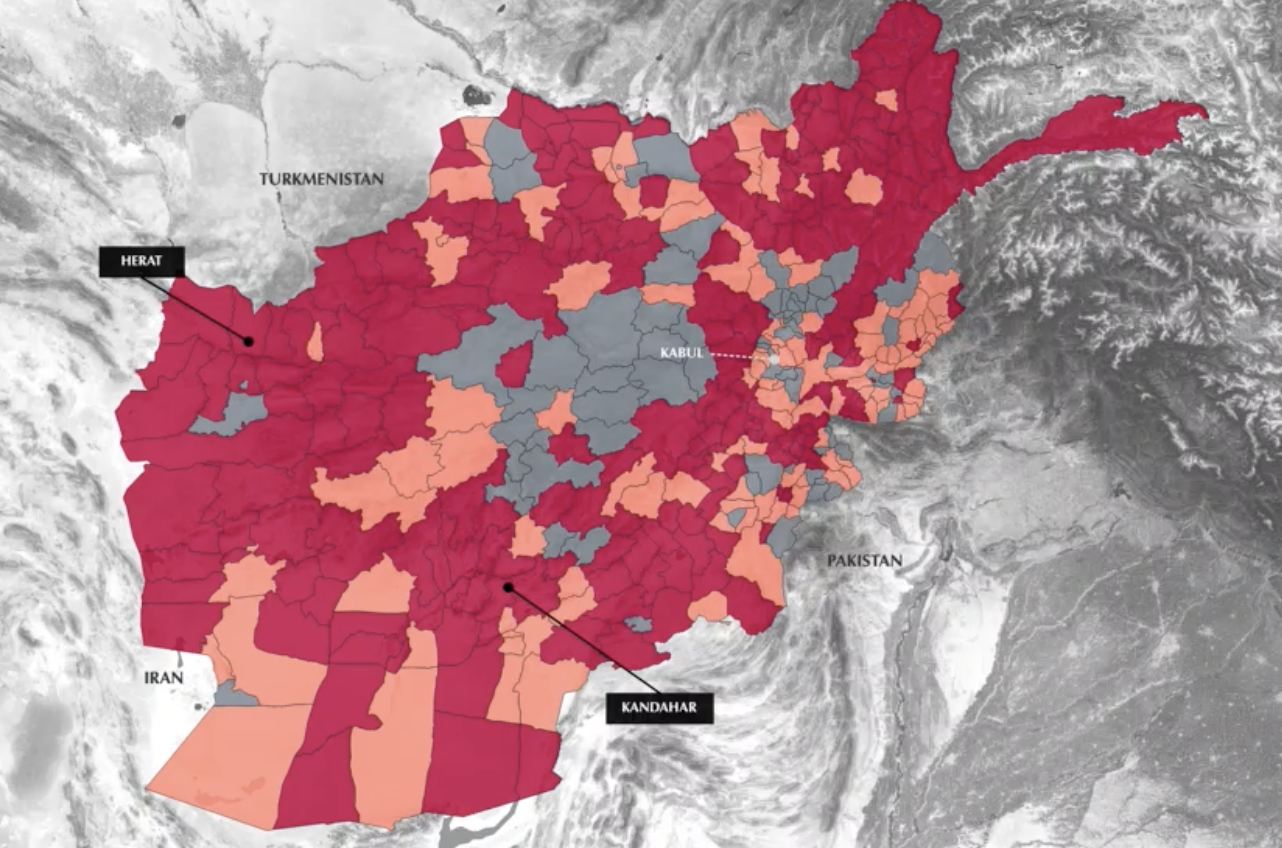
The Taliban and al Qaeda advanced throughout Afghanistan after President Biden announced the withdrawal of American and NATO forces on Apr. 14.
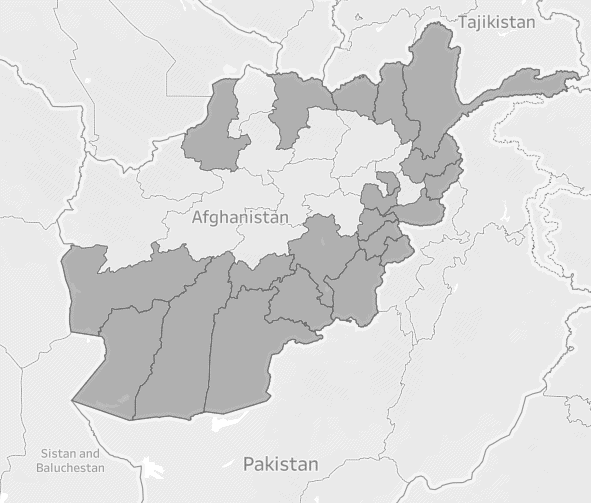
Based on reports from Al Qaeda, the United Nations, and press reports, the terror group and its allies are operating in 21 of Afghanistan’s 34 provinces.

Mohammad Hanif was involved in the 2002 assassination attempt on Pakistani President Pervez Musharraf and the suicide attack on the U.S. Consulate in Karachi that same year. He was killed in Farah province. But the Taliban somehow continues to maintain that Al Qaeda isn’t in Afghanistan.